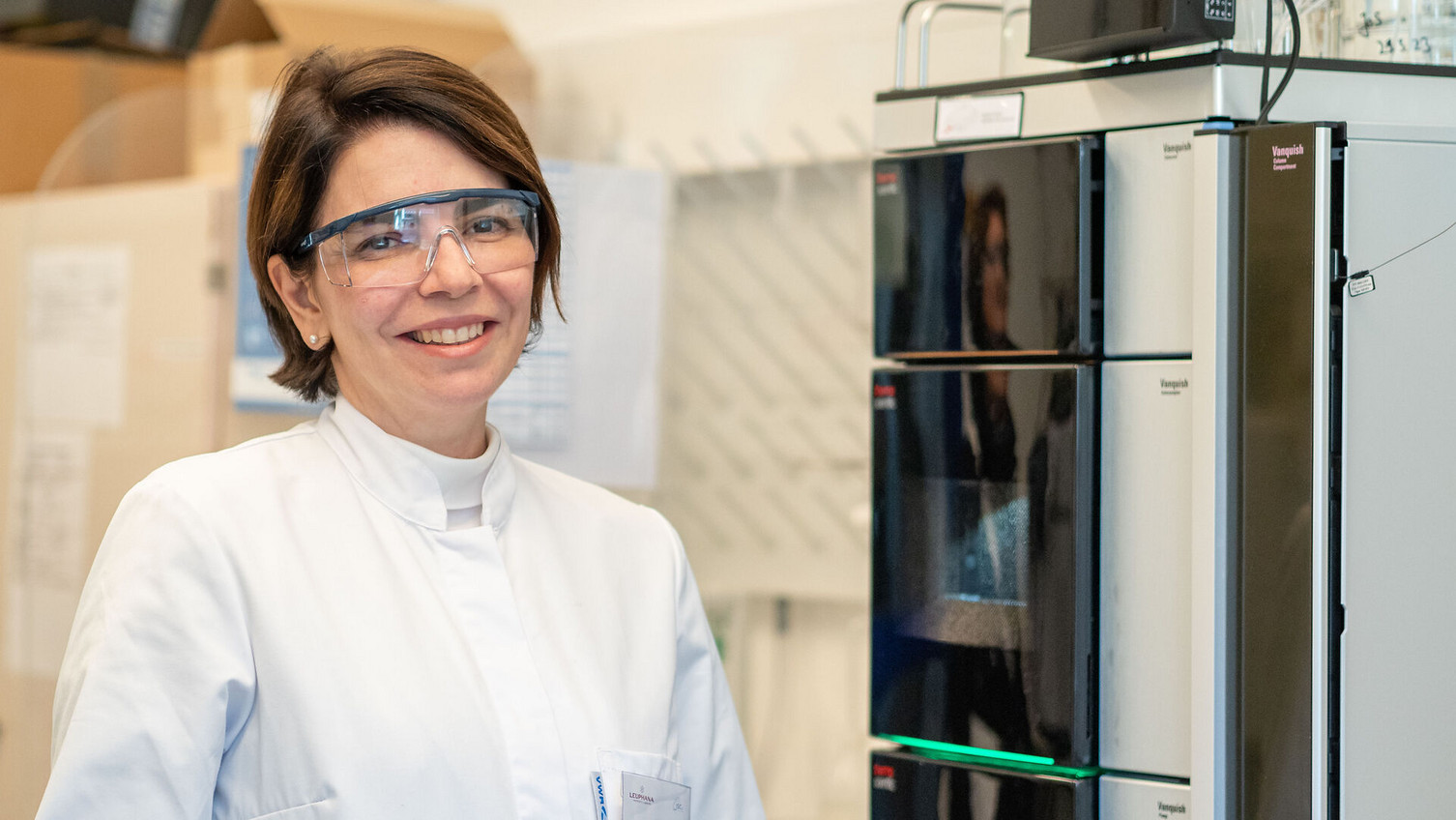Chemistry and AI: Good data are gold
2025-11-10 A conversation with Prof. Dr. Dr. Vania Zuin Zeidler about laboratory work, artificial intelligence and the responsibility of science. She has now commented on this in Nature Reviews Chemistry.
Despite AI and digital tools, students still need laboratories with Bunsen burners, safety goggles and Erlenmeyer flasks. Why is traditional laboratory work still important in teaching today?
Models are created by humans, but they have limitations – and these limitations must be understood. Only those who have worked in a laboratory themselves – in our field of Natural Science – understand how data is generated and what it really means. This is essential for critically evaluating scientific results.
But AI models are getting better and better. Couldn't they eventually replace laboratory work?
Experimentation is indispensable. Chemical insights arise from observation. Theories, models and formulas can be validated once they have been experimentally confirmed. Without experiments, chemistry can remain pure speculation.
But couldn't AI predict molecular structures?
We have been working with chemical informatics methods at Leuphana for some time now. They help to conserve resources by avoiding unnecessary experiments. But we cannot rely on them alone. We have seen cases where Generative AI models have ‘designed’ molecules that cannot exist chemically. The images look attracting and convincing at first glance – but they can be simply wrong and also dangerous. Students in particular are often unable to recognise such errors. AI always gives an answer – but not always the right one.
So, you take a rather critical view of Generative AI in teaching?
More nuanced. Students today are very digitally savvy. They should also be familiar with these tools. But they need to understand how knowledge is created – from the question to the process to the verifiable answer. We want them to learn to think critically. That is the basis of scientific thinking – and ultimately also a contribution to democracy.
As a chemist, you belong to the Faculty of Sustainability. What are the social and environmental costs of Generative AI?
The beautiful images and quick answers come at a price. Large data centres consume enormous amounts of electricity and water. We need to talk about data protection and socio-environmental justice: many people are losing their jobs. We must learn to consider these costs. It's not just about what generative AI can do – it's also about what it does in a broader sense, how, why and for whom. A number of big companies often use data without the consent of the creators.
And what about the protection of scientific data?
Good data is worth its weight in gold and that's why many researchers work with industries and related institutions to protect it – but that's expensive. Such resources are particularly lacking in the Global South. So, we also need to talk about fair access to knowledge.
Europe is currently working on regulating AI with the AI Act. Is that enough?
It's an important step, but regulation alone is not enough. We need a scientific and social culture that takes responsibility seriously. Science must not become a mere consumer product. It's about values – about transparency and our humanity.
Thank you very much for talking to us.

